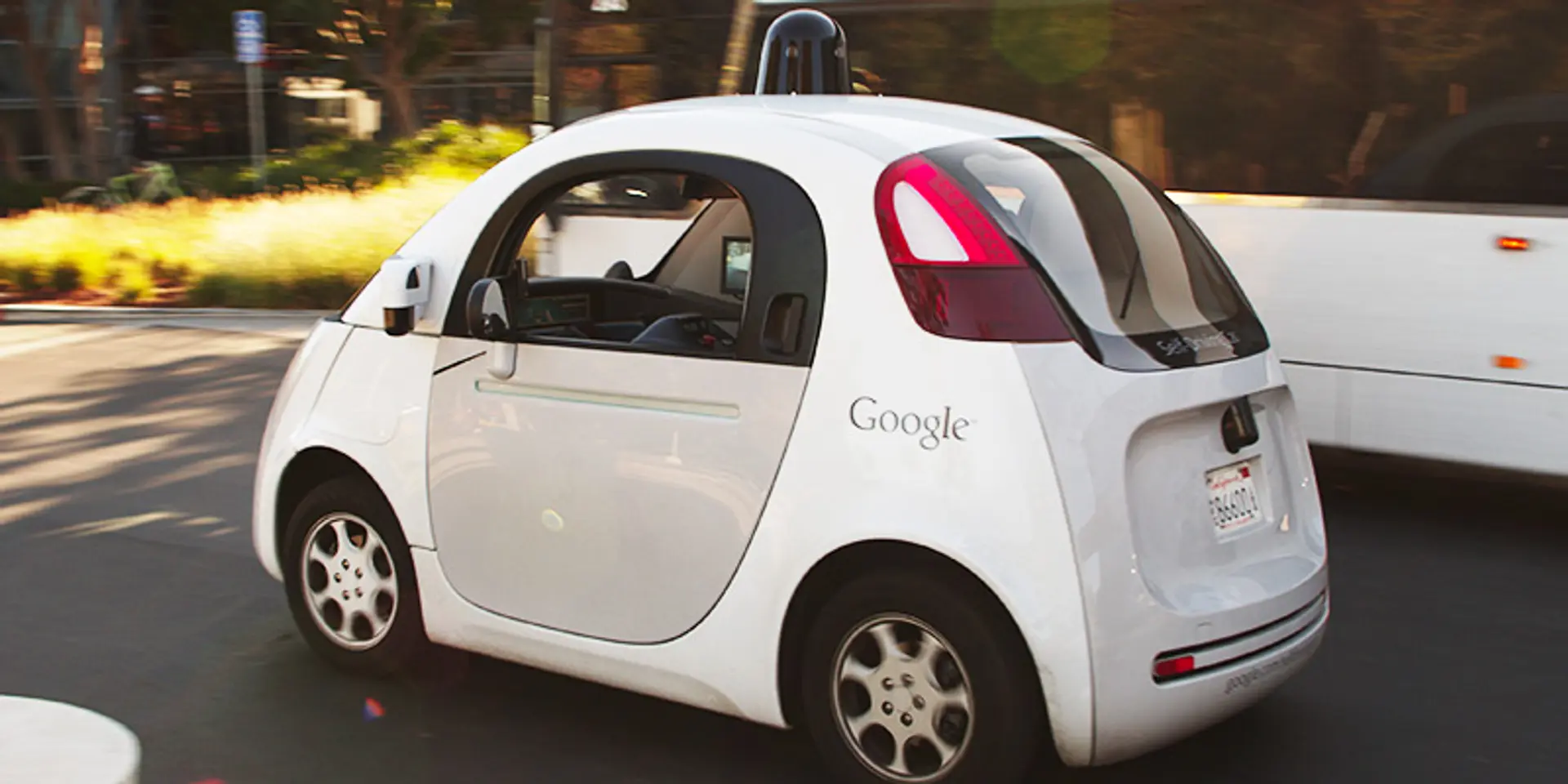10 reasons that make Google's parent company Alphabet the most successful company in the world
On Monday, Google briefly overtook Apple as the world's most valuable company. As Google posted its quarterly results its shares were up by five per cent, giving it a valuation of around $544 billion. Apple's market capitalisation at this time stood at $534 billion. It was just a few years ago when the world's biggest companies were in the field of fuel and natural resources. In 2011, Apple overtook Exxon to become the world's most valuable company. As Google moves onto the path of world domination we tell you some of the unexplored things about Google and why it will continue to lead on the path of growth.
Projects
Moonshot ideas - This is what keeps Google on the edge. As companies grow, they tend to leave innovation and get into a routine. It is a rarely seen situation where top executives of a company invest a lot into ideas that have a slim chance of coming to reality. Google started investing its resources in such ideas but when it became too much to handle, the company separated its core businesses from its moonshot ideas.
Project Loon - Project Loon is a moonshot idea that even Google thought was crazy enough to be called 'Loon'. Project Loon is an ambitious project by Google to provide Internet to the whole world using balloons released into the stratosphere. These balloons have a lifespan of 100 days and are presently used in New Zealand on a pilot basis.

Self-driving cars– Self-driving cars have been the fancy of tech companies for a long time. However, apart from Google no other company has been able to put a self-driving car on the road. Most accidents these self-driving cars have been involved in were due to human error.
Project Vault - Project Vault is another ambitious project by Google which aims to fit an entire operating system on your memory card. The USP of Project Vault is the security that comes with it. Many people have tried projects which will create an operating system on a box, but few have succeeded with it. With the reach Google has, it is quite possible that it might actually succeed at it.
Tremor-free spoons - Lift Labs, a startup acquired by Google, developed a spoon for patients of Parkinson's disease to help them with tremors. The spoons detect tremors in the hands and then stabilises itself accordingly, to prevent the food on it from spilling.
Project Calico - Project Calico is another crazy idea that Google is supporting. Project Calico aims to increase the lifespan of humans by identifying the factors which lead to ageing of cells and tissues. The projects is still in the research phase and has not led to any substantial results so far.
Contact lenses - Contact lenses that help people see better are a thing of the past. Google is also developing a set of contact lenses that will be able to monitor the glucose in their tears, thus effectively identifying the sugar levels in people who are suffering from diabetes.
Things to know
The angel investors - Angel investing in Google was a dream of many investors and only four investors were able to achieve it. Ram Shriram, Jeff Bezos, Andy Bechtolsheim, and David Cheriton. All four investors garnered over a billion dollars from their investment in Google.
A billion users - On Monday, Sundar Pichai announced that Gmail has reached over a billion monthly active users. There are currently seven Google products which have over a billion users now. Apart from Gmail, Google Search, Android, Maps, Google Play, YouTube and Chrome browser have exceeded billion users. There has been rarely a company in the history whose products have been so widely used.
Internet access - Apart from providing Internet access to people using balloons, Google is also helping people by providing Wi-Fi at 100 railway stations in India, with a plan to expand to over 400 railway stations. Google has already started providing Wi-Fi services at Mumbai Central Railway station.
With so many moonshot ideas and projects, Alphabet, Google's parent company, is actually putting its money where its mouth is. It has already lost over $3 billion on them but that doesn't make it shy away from innovation. Few companies dare to take on new ideas and keep working on them despite failure.
So, is it Apple or Alphabet for you?







